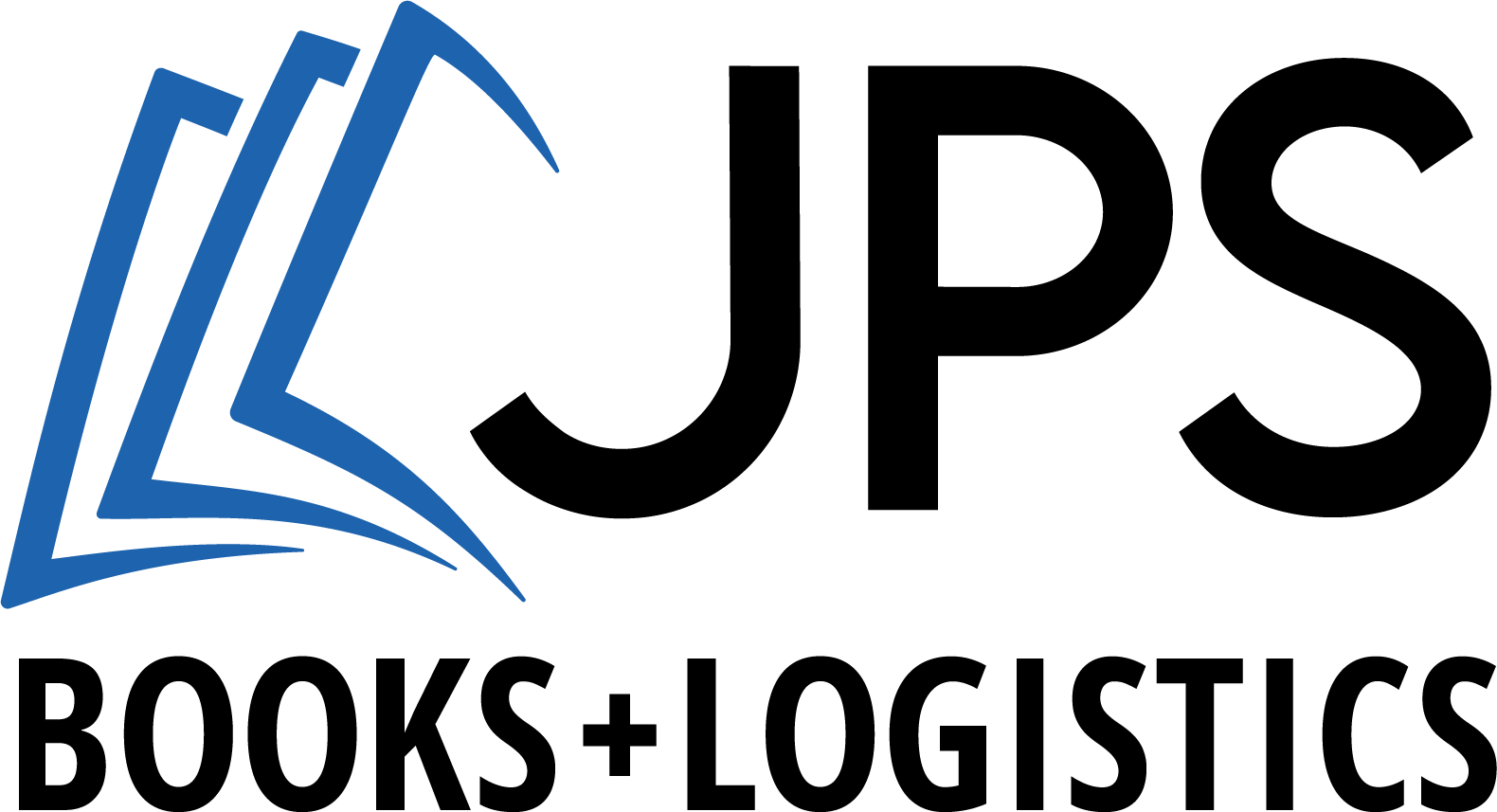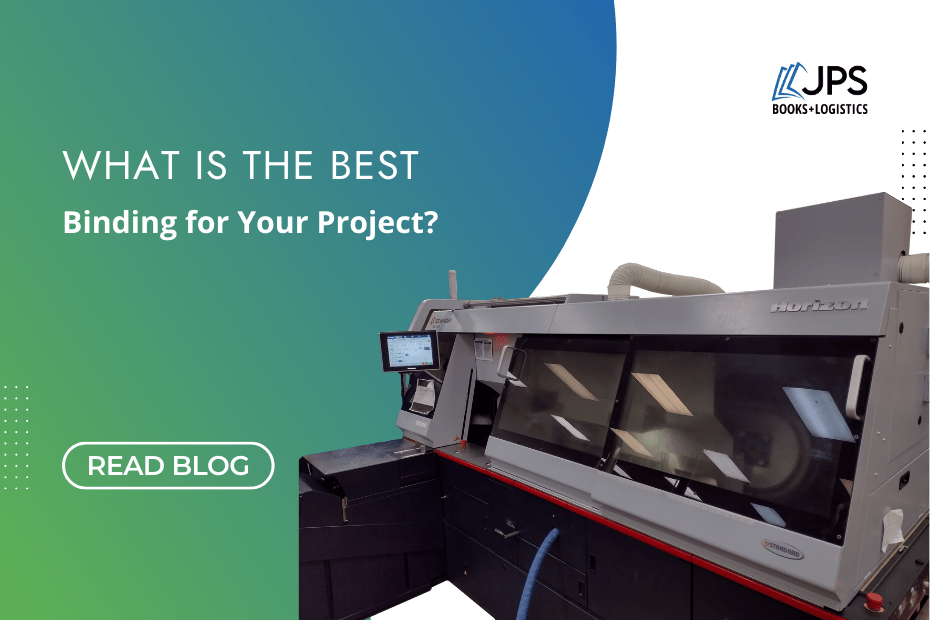The hardest part is over.
You’ve written, edited, and assembled your amazing curriculum for publication Now, you’re in the final stages of getting your materials into your reader’s hands.
There’s just one problem: how do you know what binding is best for your new materials?
Here’s a list of the top five publication bindings in the market, along with some features to help you decide which one is right for your needs.
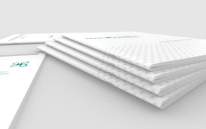
1. Saddle stitch
Some people refer to this as “magazine style” binding. Saddle stitch is when you print your learning material on flat sheets, then fold and staple the spine, like a saddle.
Typical page counts for this type of binding are approximately 8pp-60pp. Any higher than a 60pp, and your book will start to look bulky.
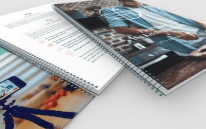
2. Plastic Coil/Color Coil
From compact scholastic materials to textbooks, this binding option is good for all kinds of learning materials. The flexible coil spine allows the content to be laid flat, and the design allows for the inclusion of index tabs.
Typical page counts for this type of binding are 20pp-500pp+.

3. Wire-O Double Loop Wire
Offering more of a “classic look”, this binding is just like the plastic coil—however, the binding itself is metal, instead of plastic.
Typical page counts for this type of binding are 20pp-500pp+.
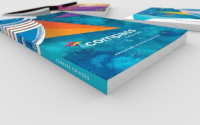
4. Soft Cover/PUR
The cost common binding for curriculum broad publications, soft cover/PUR is also known as “paperback” binding.
Typical page counts for this binding are 20pp-750pp+.
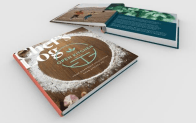
5. Hard Cover/Case Bound
This is the crème de la crème of bindings! By taking the best elements of soft cover binding and assembling it to a cover that’s glued to the “board”, you are able to create a long-lasting, valuable resource that will stand the test of time.
Typical page counts for this binding are 20pp-750pp+.
For over 40 years, JPS has provided its customers with the best printing services in the country.
Ready to explore the publishing possibilities for your materials?
